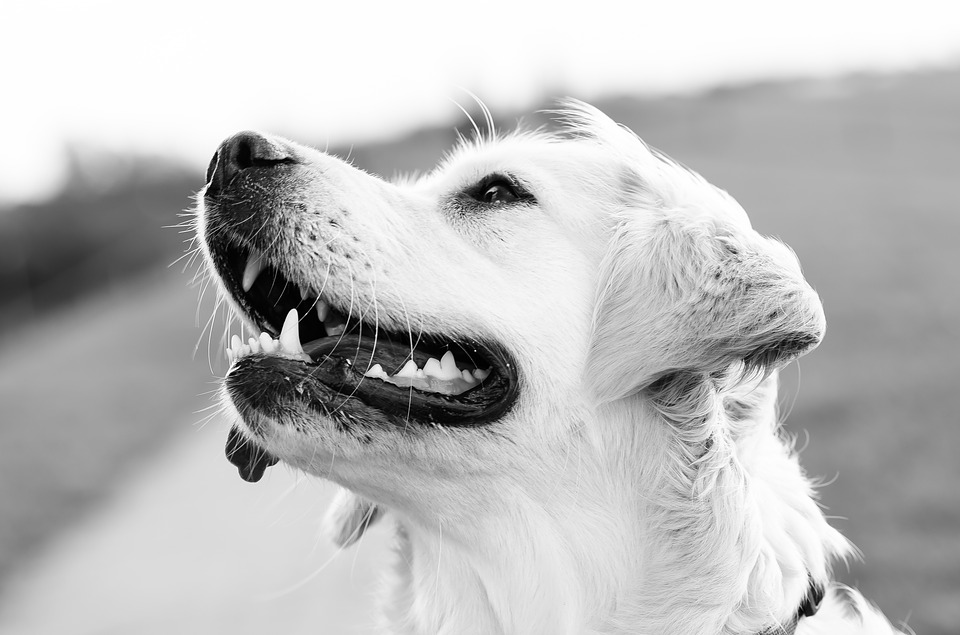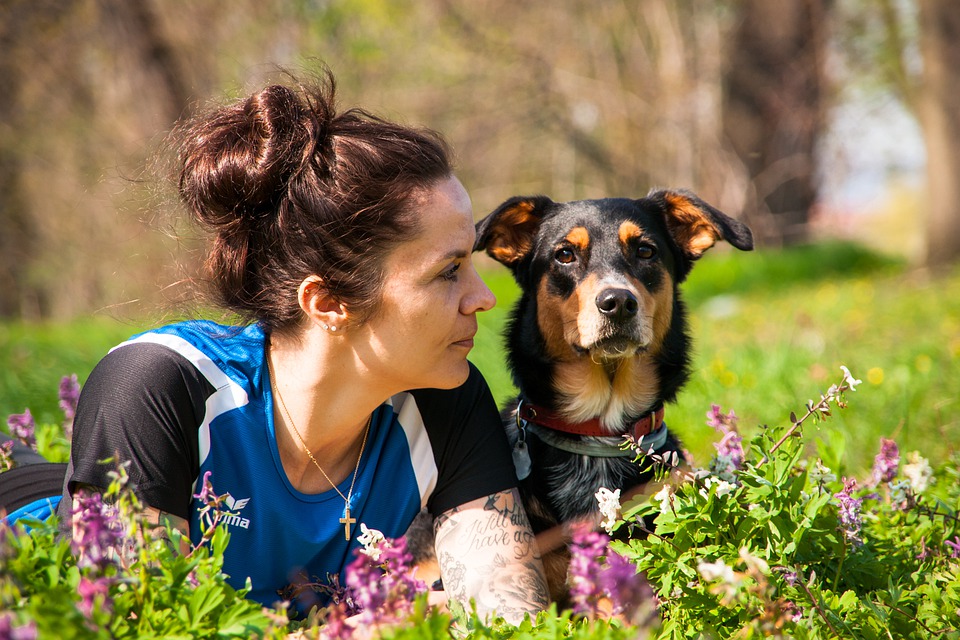
No, a dog’s personality traits are not set in stone. They can change under the influence of various factors such as the age and … the character of its master, according to American researchers.
Like Master like dog. This adage, a study by psychologists at Michigan State University confirmed it. In particular, they discovered that a dog’s personality can not only undergo profound changes , but that it can also be influenced by that of its owner . The conclusions of this work were published on the website of the said university last February.

The team led by Professor William Chopik analyzed behavioral data collected from the owners of more than 1,600 dogs , belonging to 50 different breeds and of very different ages (from a few weeks to 15 years). The lot has almost as many females as there are males. The teachers also had to answer a questionnaire about the attitudes of their 4-legged friends in various situations.
Researchers have thus discovered that the dog’s personality exerts an influence on the attachment he shows towards his owner, but also on his tendency to bite and even on possible chronic diseases that may affect him. Which suggests that his personality can help predict his future behavior .
 Overall, Professor William Chopik and his colleagues have found that a dog’s personality traits are susceptible to change when he experiences big changes in his life, just like in humans.
Overall, Professor William Chopik and his colleagues have found that a dog’s personality traits are susceptible to change when he experiences big changes in his life, just like in humans.
But that’s not all ; they were also able to determine the age when the dog was most receptive to learning and obedience : 6 years . Age, in fact, was revealed through this study as being a determining factor in many facets of the character of man’s best friend. Scientists have, in fact, identified in the animals studied times in their lives when they tended to become more aggressive towards others.
Finally, the study tells us that, in people who have a happy relationship with their dog, the latter tended to be more active and more enthusiastic . Conversely, people who are more inhabited by negative emotions have more fearful pets and display less enthusiasm for learning.
Read also: An unhappy bitch who did not look anyone in the eye and who had never known love regains a taste for life
Finally, in light of the data analyzed, Professor Chopik and his team have had the confirmation that while most of the dog’s behavioral problems can be corrected , they are more difficult to treat when they are related to fear or aggression. .
 </p
</p











